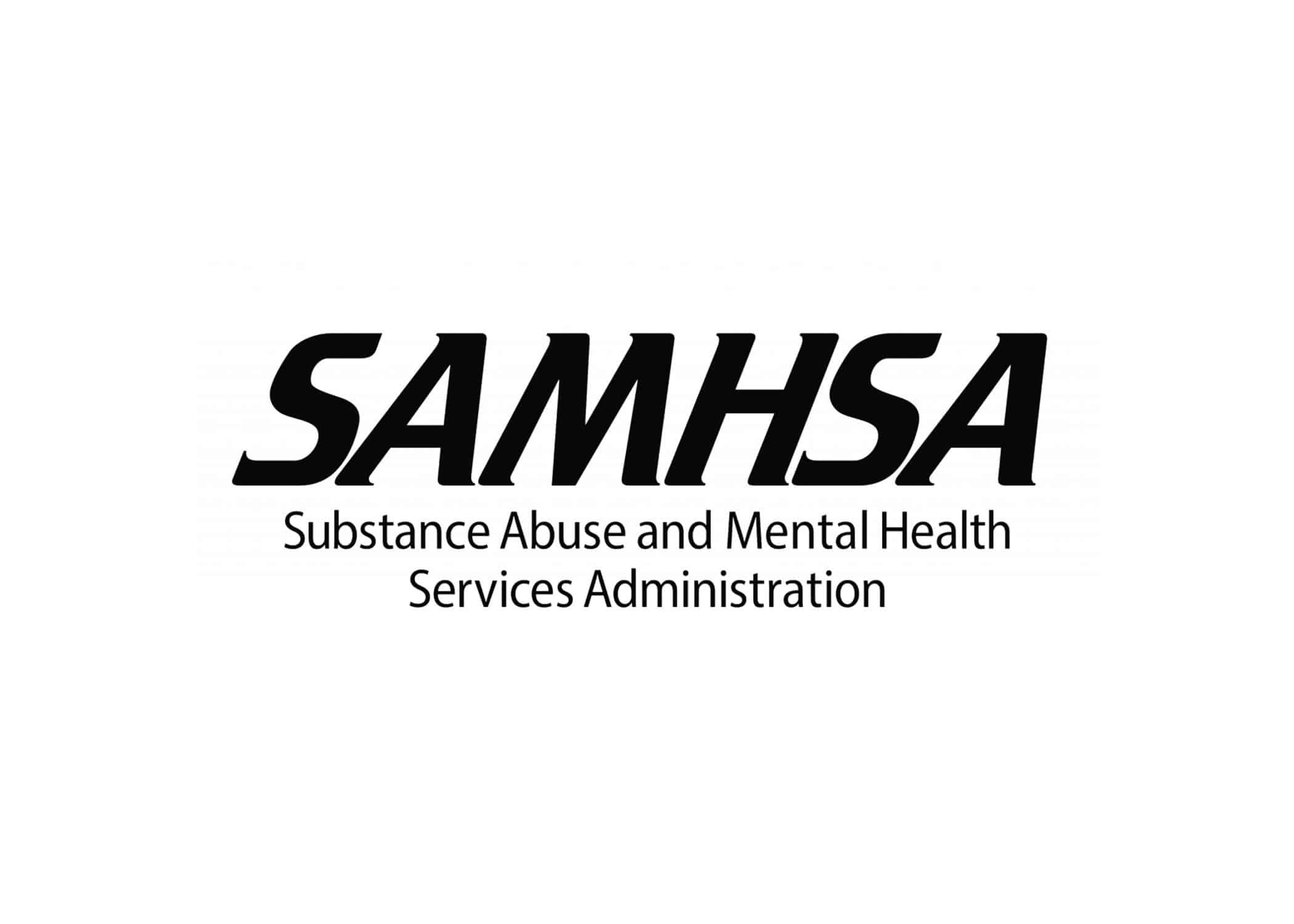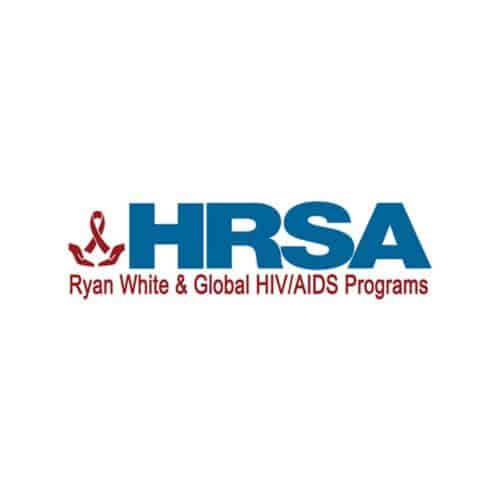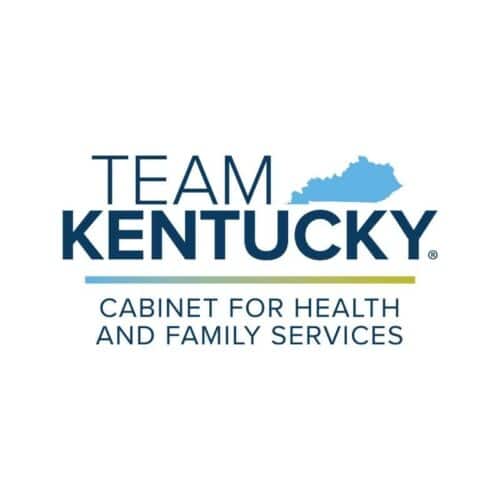What Are Substance Use Disorders?
Substance use disorders (SUDs) refer to a range of conditions where a person’s use of drugs or alcohol has become problematic, leading to significant impairment or distress in their life. These disorders can range from mild to severe, and can include conditions such as alcohol abuse, drug addiction, and dependence. SUDs can have serious physical, mental, and social consequences, and often require professional treatment and support to overcome.
Treatment
Treatment for substance use disorders (SUDs) can vary depending on the type and severity of the disorder, as well as individual factors such as the person’s history of substance use, health status, and personal preferences. Some common treatment options for SUDs include:
-
Behavioral therapies: Psychotherapies such as cognitive-behavioral therapy (CBT) and motivational interviewing (MI) can help individuals overcome SUDs by addressing the underlying psychological and behavioral factors that contribute to substance use.
-
Medications: Certain medications, such as methadone and buprenorphine, can help manage withdrawal symptoms and reduce cravings for certain drugs, making it easier for individuals to remain abstinent.
-
Detoxification: A detoxification process supervised by a medical professional can help individuals safely withdraw from drugs and alcohol and prepare for further treatment.
-
Rehabilitation: Residential or outpatient rehabilitation programs can provide a structured, supportive environment for individuals to overcome their SUDs, with a focus on developing new coping skills and behaviors.
-
Support groups: Support groups, such as 12-step programs like Alcoholics Anonymous (AA) and Narcotics Anonymous (NA), can provide a sense of community, accountability, and ongoing support to individuals in recovery.
It’s important to note that SUDs are complex conditions that often require a combination of these treatments, as well as ongoing support and aftercare, to achieve and maintain recovery.
Challenges for Rural Health Providers
Treating substance use disorders (SUDs) in rural areas can present a number of challenges for healthcare providers, including:
-
Lack of access to care: Rural areas often have limited access to substance abuse treatment facilities and healthcare providers, making it difficult for individuals with SUDs to receive the care they need.
-
Limited resources: Rural healthcare providers may have limited resources, including funding and staff, to address SUDs and provide adequate treatment.
-
Stigma and cultural attitudes: Substance abuse and mental health conditions may be stigmatized in rural communities, which can make it difficult for individuals to seek help and for healthcare providers to effectively treat SUDs.
-
Transportation barriers: Rural areas can have limited transportation options, making it difficult for individuals to access treatment and for healthcare providers to collaborate with other providers and specialists.
-
Workforce shortages: There can be a shortage of healthcare providers, including substance abuse specialists, in rural areas, making it difficult to provide adequate care and treatment.
-
Lack of technology and telehealth resources: Rural areas may have limited access to technology and telehealth resources, making it difficult to connect with specialists, access educational resources, and provide remote treatment options.
To overcome these challenges, rural healthcare providers may need to collaborate with other providers, utilize telehealth and technology, and receive support and resources from state and federal agencies. Addressing the unique challenges of treating SUDs in rural areas is crucial for improving access to care and promoting recovery for individuals in these communities.
SAMHSA
The Substance Abuse and Mental Health Services Administration (SAMHSA) is a branch of the U.S. Department of Health and Human Services. SAMHSA plays a critical role in improving the nation’s behavioral health and addressing the challenges posed by substance abuse and mental illness.
SAMHSA’s mission is to reduce the impact of substance abuse and mental illness on America’s communities. The agency accomplishes this through a variety of programs and initiatives aimed at improving access to behavioral health services, increasing the quality and availability of treatment, and promoting recovery and wellness. Some of SAMHSA’s key functions include:
-
Providing funding and technical assistance to states and communities for the development and implementation of substance abuse and mental health treatment programs.
-
Conducting research and collecting data on substance abuse and mental health to inform policies and practices.
-
Developing and promoting best practices and evidence-based treatments for substance abuse and mental illness.
-
Providing information, resources, and technical assistance to individuals, families, and communities affected by substance abuse and mental illness.
-
Advocating for the rights and needs of people with substance abuse and mental health conditions, and working to reduce the stigma associated with these conditions.
2023 SAMHSA Funding Opportunities
Emergency Department Alternatives to Opioids
-
Due: March 6, 2023
-
Anticipated Awards: 14
-
Length of Project: Up to 3 years
-
Anticipated Award: Up to $500,000 per year
Grants to Expand Substance Use Disorder Treatment Capacity in Adult and Family Treatment Drug Courts
-
Due: March 6, 2023
-
Anticipated Awards: 81
-
Length of Project: Up to 5 years
-
Anticipated Award: Up to $400,000 per year
Medication-Assisted Treatment – Prescription Drug and Opioid Addiction
-
Due: March 7, 2023
-
Anticipated Awards: 24
-
Length of Project: Up to 5 years
-
Anticipated Award: Up to $750,000 per year
-
Due: March 21, 2023
-
Anticipated Awards: 26
-
Length of Project: 4 years
-
Anticipated Award: $1,000,000 – $3,000,000 per year
Grants for the Benefit of Homeless Individuals
-
Due: March 21, 2023
-
Anticipated Awards: 32
-
Length of Project: Up to 5 years
-
Anticipated Award: Up to $500,000 per year
Please contact us for more information about this opportunity.



